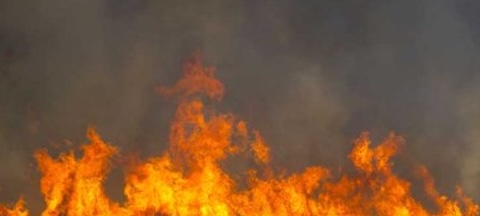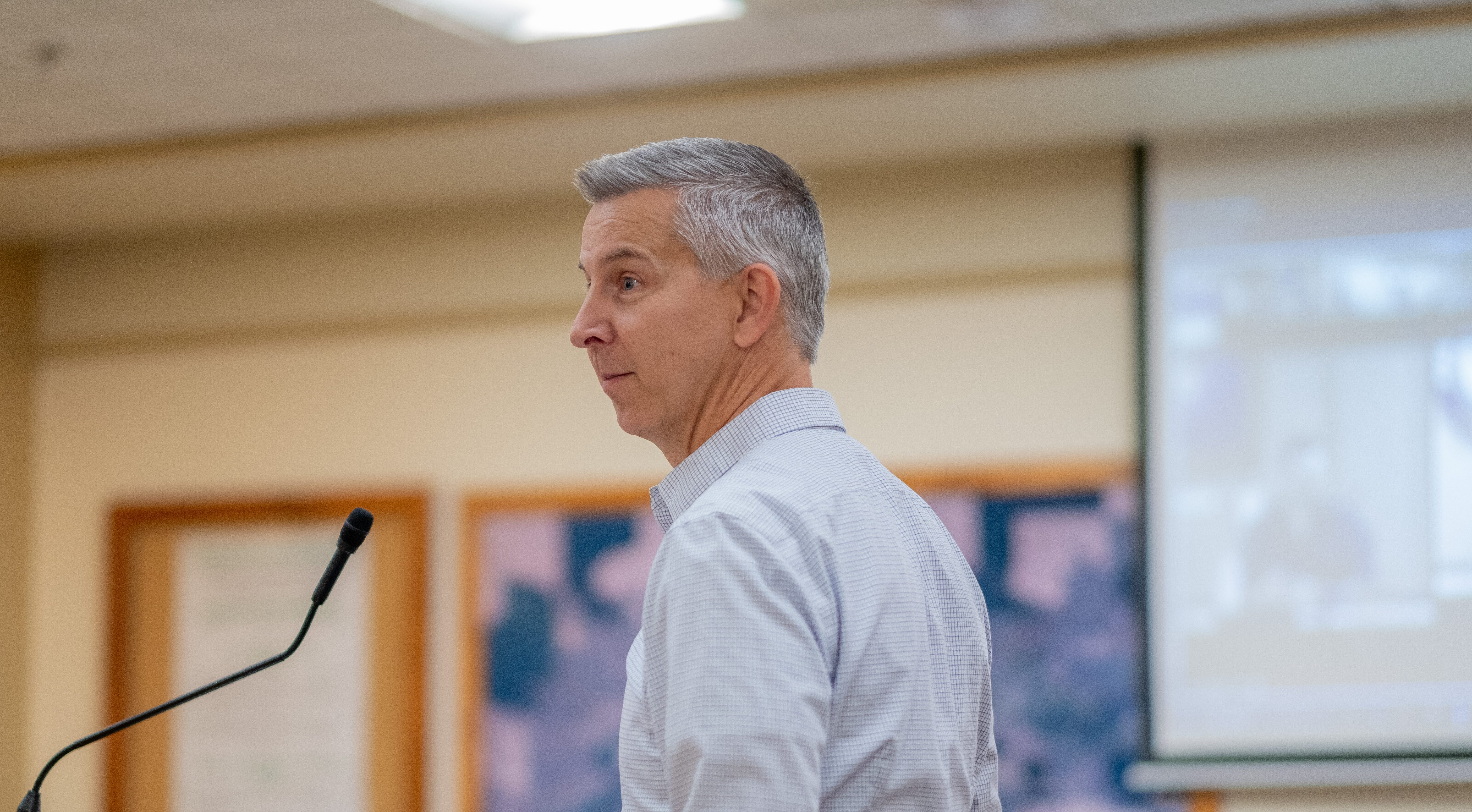Our view: When every day is an emergency, oversight is required
Published 5:00 am Thursday, April 8, 2021
Now more than a year on, state legislators across the country are taking steps to check the nearly unlimited emergency powers governors have assumed to deal with the COVID-19 pandemic.
It’s about time.
Trending
A year ago, few of us would have envisioned an emergency that would prompt a governor to shut down large segments of the economy for undetermined lengths of time, to close private and public schools and colleges, to forbid religious services and private gatherings, declare some businesses “essential” and others not, to rewrite the terms of rental contracts, and restrict access to common health care procedures — all by decree and without the explicit consent of the people’s elected representatives.
The COVID-19 outbreak presented a clear and present danger as it unfolded in the early spring. Little was known about the disease when it arrived in the United States, but the catastrophic experiences of victims in other countries — China, Iran and Italy in particular — demonstrated the need for some swift action to curb infections.
Most Americans understood the need and accepted, even if reluctantly, that the exigencies of the situation required that governors use the powers available to them under state law to meet the immediate emergency.
State laws generally give governors extraordinary powers to deal with emergencies. But in only a few instances did lawmakers have the forethought to put into place mandatory legislative oversight or time limitations on emergency declarations.
And in those states, such as Oregon, where the law gives legislatures discretionary authority to weigh in, few have cast votes to either affirm or challenge emergency declarations and the diktats issued in their name.
Until now. The New York Times reports there are now more than 300 proposals across the country that would curb gubernatorial emergency powers.
Trending
Good.
We appreciate the necessity for quick and decisive action in the early hours and days of an emergency. Governors must be able to restore a semblance of order and safety without delay. But as the days stretch into weeks, the people, through their representatives, must be heard.
No elected official should be allowed to rule indefinitely by decree. Emergency powers should be limited in duration and subject to mandatory legislative oversight. A benevolent dictatorship in all but name is nonetheless tyranny.









